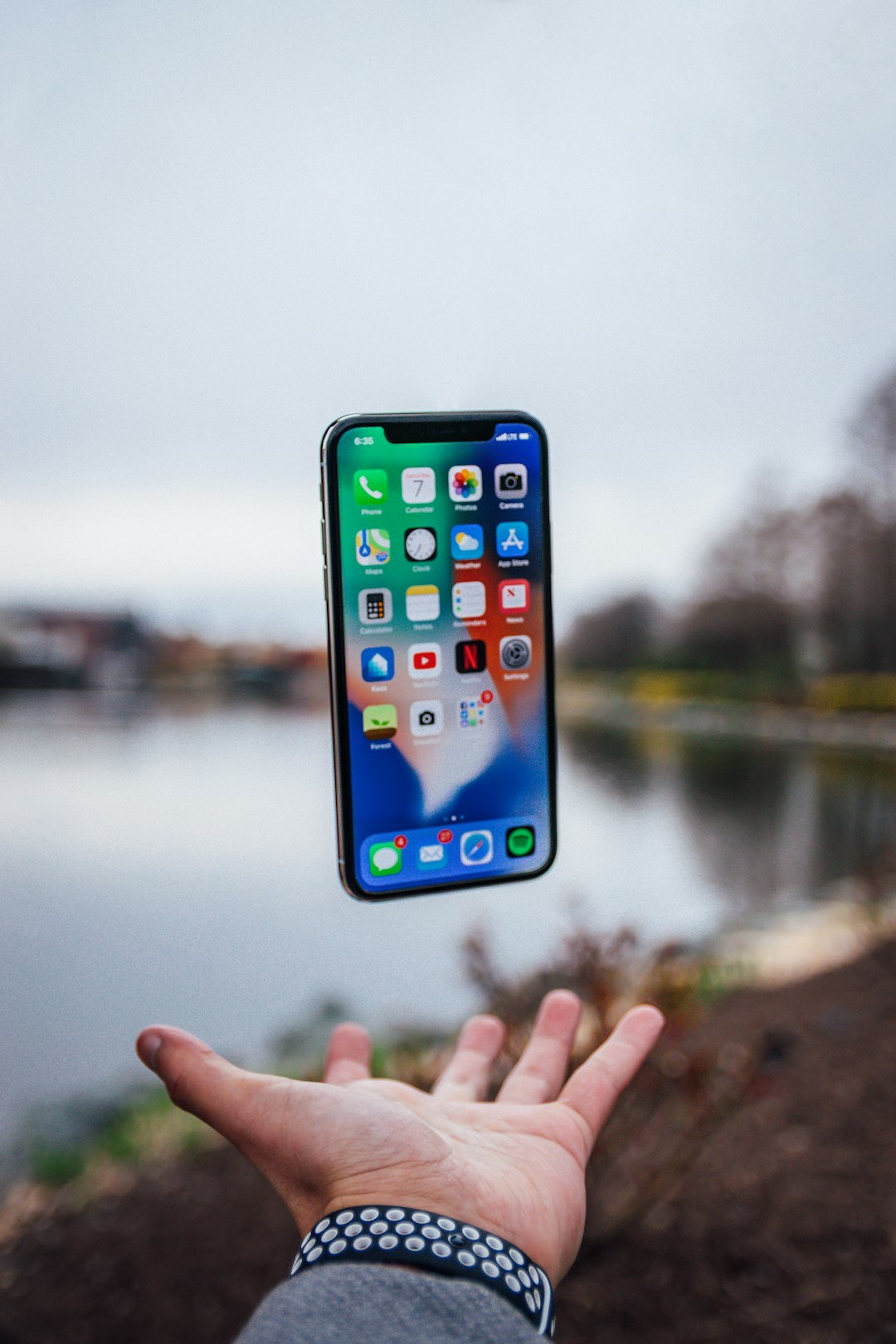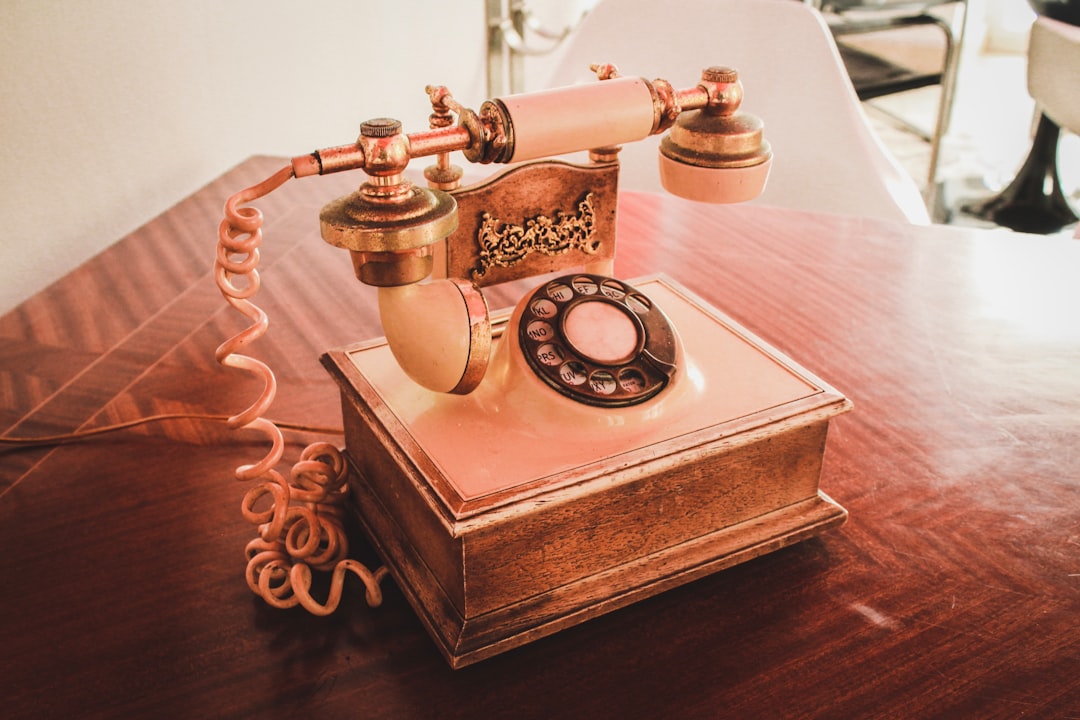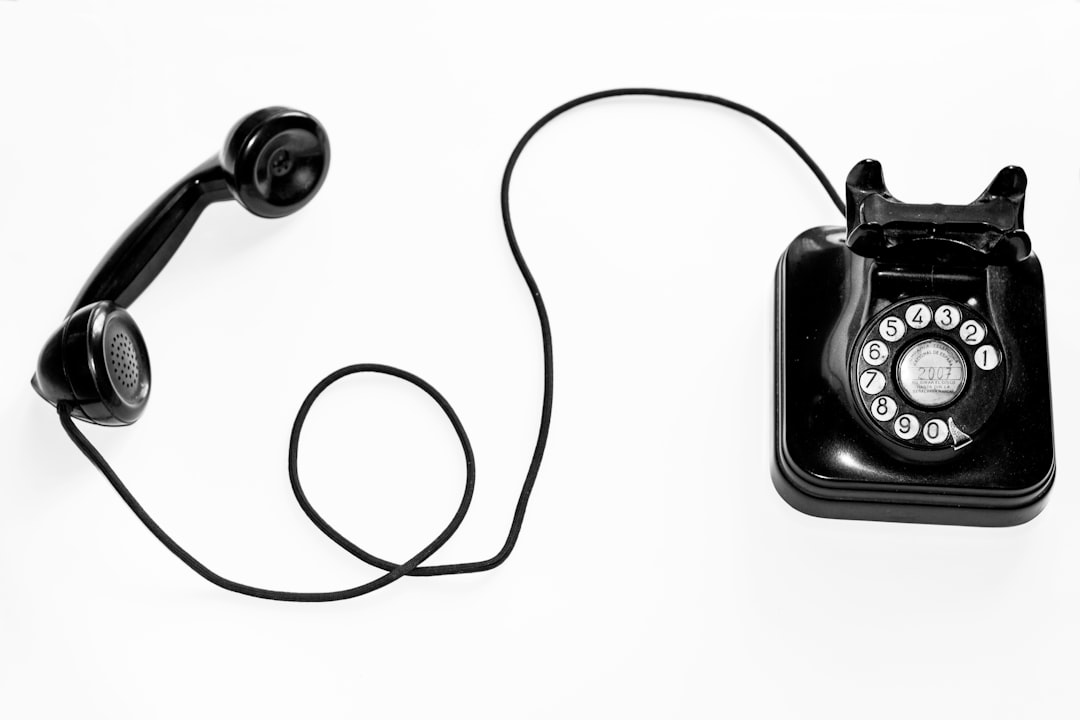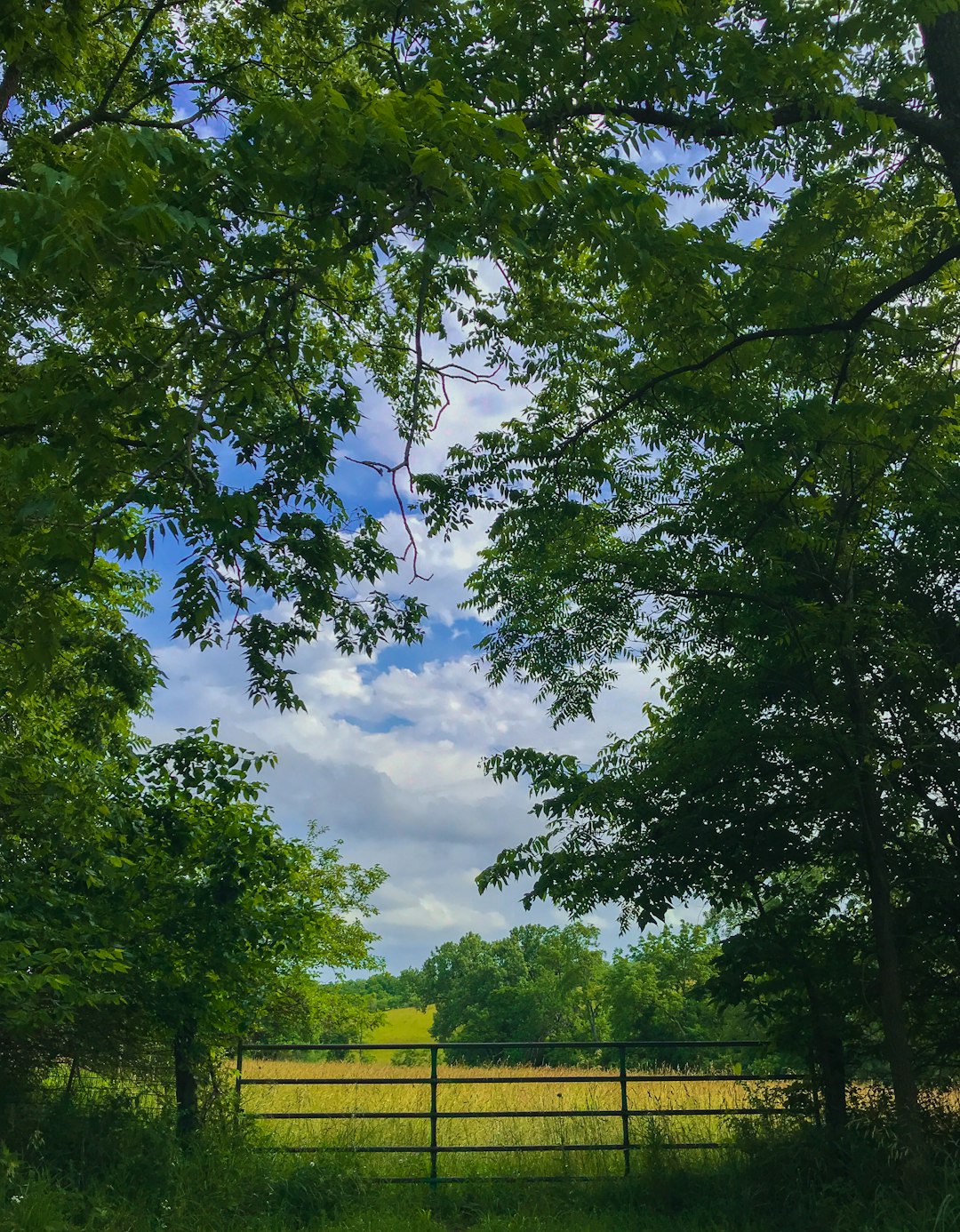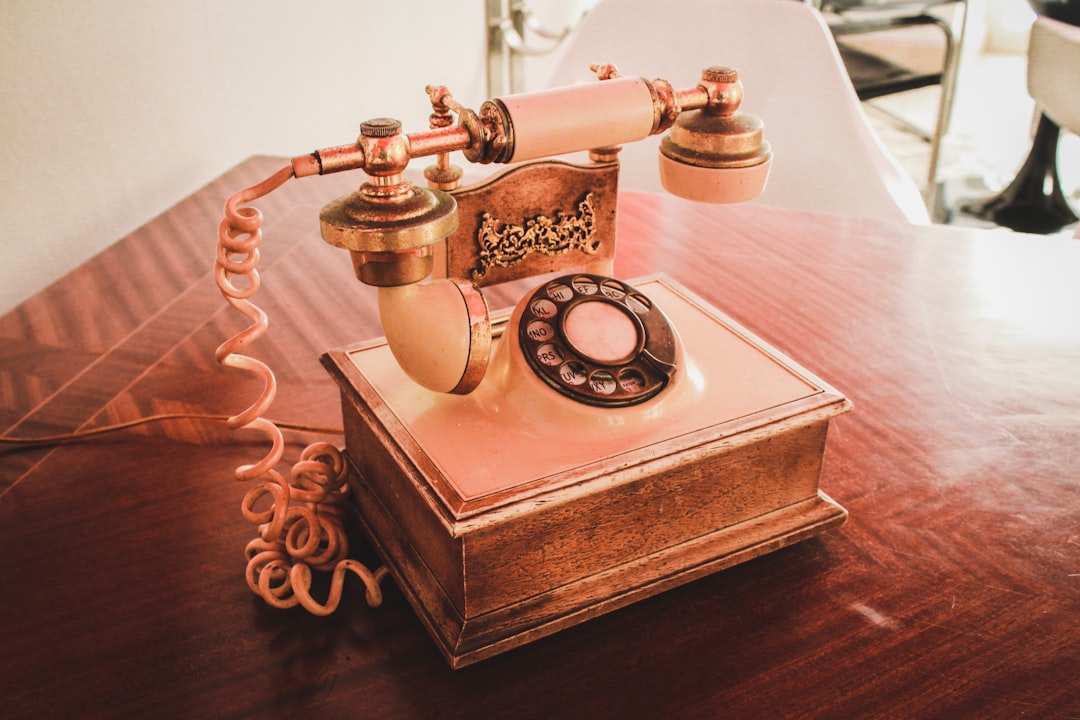In the digital age, businesses in Iowa are adopting advanced technologies for marketing, with autodialing as a prominent strategy. This tool allows automated calls to potential clients, benefiting both urban centers like Des Moines and Cedar Rapids, and rural areas. However, due to the stringent privacy and consumer protection laws governed by the Telephone Consumer Protection Act (TCPA) and state regulations, businesses must engage specialized autodialer lawyers in Iowa for expert guidance. Urban areas demand meticulous call data tracking and do-not-call list adherence, while rural areas require respect for lower population densities and potential less strict local regulations. Regular software audits and updates are crucial to stay compliant and avoid costly penalties associated with unauthorized autodialing across Iowa's diverse landscapes.
In the digital age, businesses increasingly rely on autodialing technologies for marketing and communication. However, the legal risks associated with this practice vary across geographic locations, particularly in contrast between urban and rural areas of Iowa. This article explores the complexities surrounding autodialing under the Telephone Consumer Protection Act (TCPA) in Iowa. We delve into how business practices must adapt based on location-specific TCPA interpretations, emphasizing best compliance strategies for both urban and rural businesses employing autodialer technologies to avoid legal pitfalls with the help of expert autodialer lawyers Iowa.
Understanding Autodialing: A Definition and Its Prevalence in Iowa
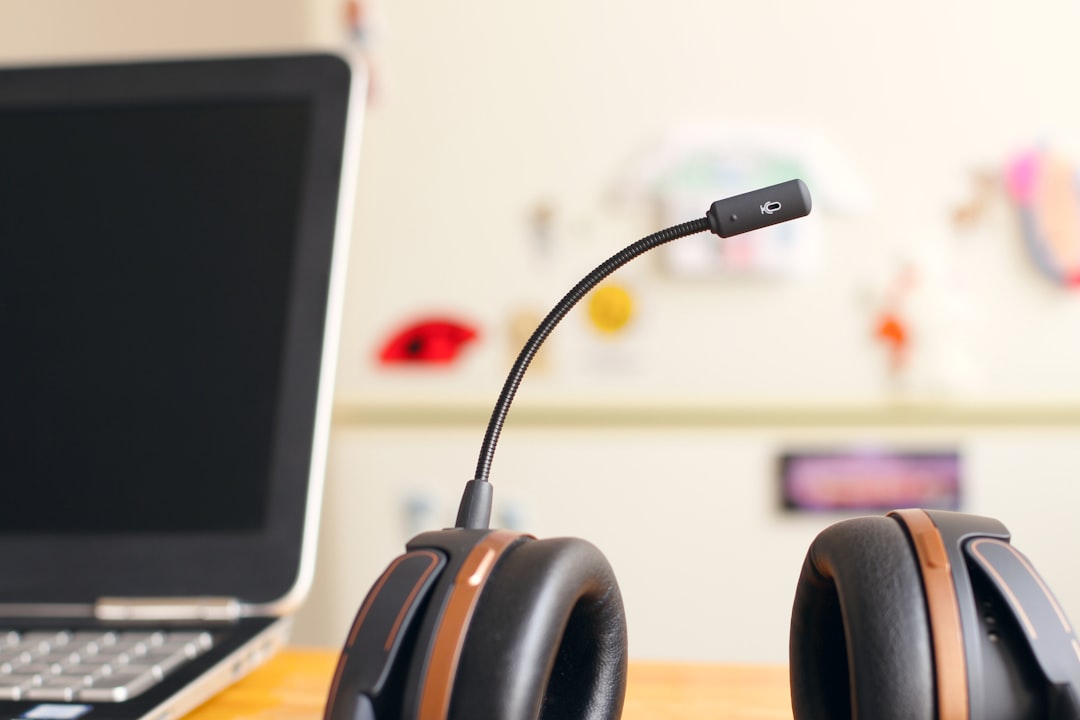
In today’s digital era, businesses across Iowa are leveraging advanced technologies to enhance their marketing strategies. One such technology gaining traction is autodialing, a powerful tool that allows for automated phone calls to potential customers. An autodialer lawyer in Iowa can guide businesses through the legal intricacies surrounding this practice, ensuring compliance with state regulations.
Autodialers are software systems designed to make a series of automated telephone calls, often using pre-recorded messages. They are prevalent in various industries, from telecommunications and financial services to healthcare and retail. In urban areas like Des Moines or Cedar Rapids, where competition is fierce, businesses frequently employ autodialing to reach a large number of prospects efficiently. Conversely, rural Iowa communities also see the benefits, with smaller enterprises using this technology to connect with customers statewide. However, legal risks associated with autodialing, such as privacy violations and consumer protection issues, necessitate careful consideration and expert advice from specialized attorneys.
Legal Landscape: Telephone Consumer Protection Act (TCPA) in Iowa

In Iowa, as across the nation, the legal landscape surrounding autodialing is shaped primarily by the Telephone Consumer Protection Act (TCPA). This federal legislation was designed to protect consumers from unwanted telemarketing calls, including those made using autodialers. The TCPA prohibits automated phone systems from making prerecorded or artificial messages to any telephone without the prior express consent of the called party.
Iowa has its own regulations that complement the TCPA, ensuring residents’ privacy and rights. Local courts have been active in interpreting these laws, particularly regarding the use of autodialer lawyers in Iowa. Recent cases have highlighted the importance of obtaining explicit consent and the potential for significant financial penalties for businesses found guilty of violating these regulations. Therefore, companies employing autodialing services must be vigilant to avoid legal pitfalls.
Urban vs Rural: How Location Impacts TCPA Compliance
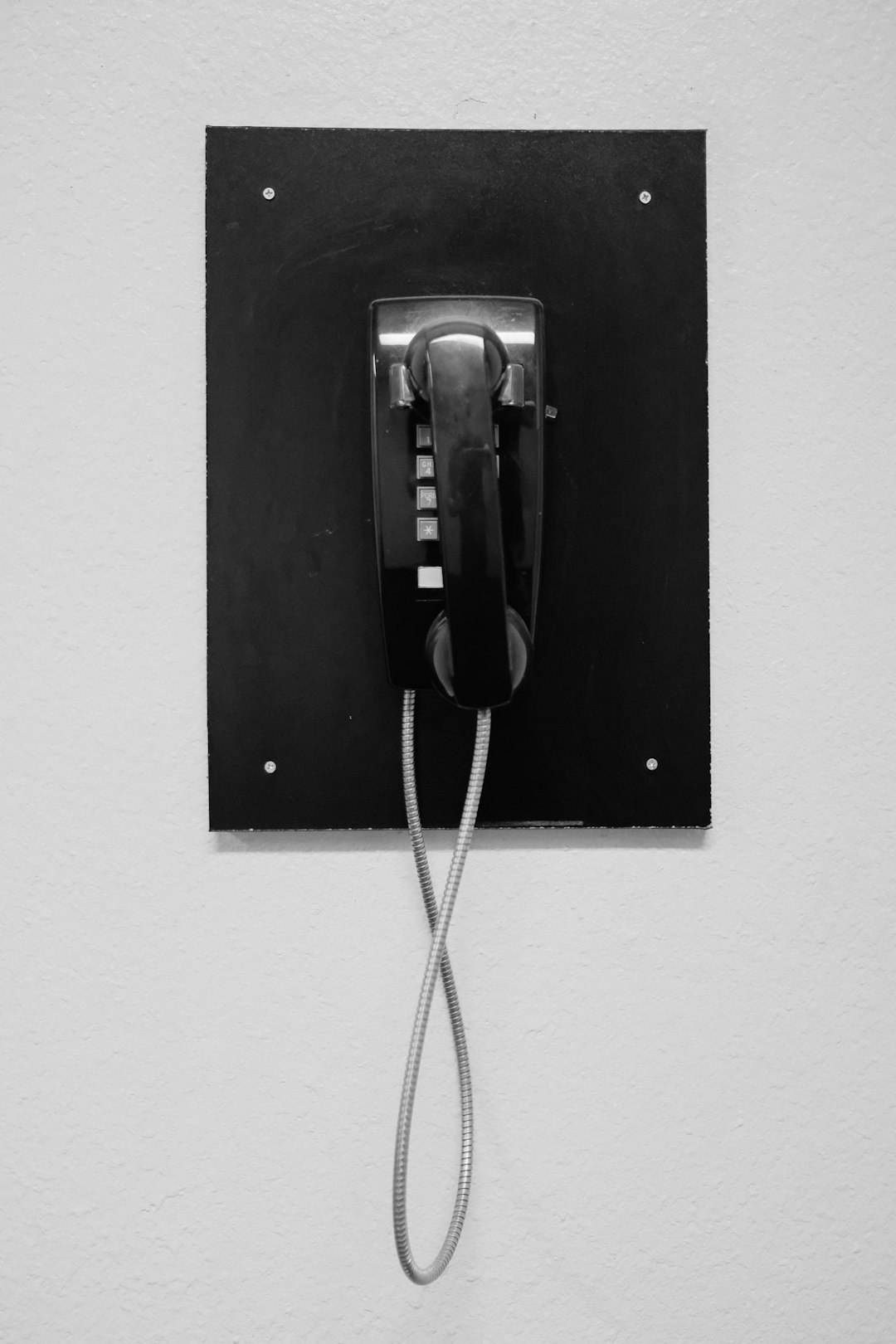
In Iowa, as in many states, the Telephone Consumer Protection Act (TCPA) governs the use of autodialers to protect consumers from unsolicited calls. However, the compliance landscape significantly diverges between urban and rural areas. Urban centers like Des Moines or Cedar Rapids, with their high population density and vibrant business environments, often see more complex consumer interactions and higher call volumes, making TCPA compliance a paramount concern for businesses there. Local regulations and consumer expectations are typically more stringent in these areas, requiring meticulous tracking of call data and adherence to strict do-not-call lists.
In contrast, rural Iowa presents unique challenges. Lower population densities mean fewer consumers and potentially less stringent local regulations. However, this doesn’t absolve businesses of TCPA obligations. Rural residents may still possess strong privacy rights, and autodialing without proper consent can lead to substantial penalties. Autodialer lawyers in Iowa emphasize the need for tailored compliance strategies that account for these regional differences, ensuring businesses maintain ethical practices while navigating the complexities of consumer protection laws across diverse landscapes.
Navigating Risks: Best Practices for Businesses Using Autodialers

Navigating Risks: Best Practices for Businesses Using Autodialers
For businesses in Iowa employing autodialers, understanding and mitigating legal risks is paramount. Given the sensitive nature of automated telephone marketing, a comprehensive compliance strategy is essential to avoid costly lawsuits and regulatory penalties. Engaging the services of experienced autodialer lawyers in Iowa can provide invaluable guidance tailored to state laws and federal regulations like the Telephone Consumer Protection Act (TCPA).
Best practices include obtaining explicit consent from recipients, accurately identifying valid phone numbers, providing an opt-out mechanism during each call, and maintaining detailed records of marketing efforts. Regular audits and updates to autodialer software are crucial to address evolving legal standards and protect businesses from potential liabilities associated with unsolicited calls in urban or rural Iowa.
